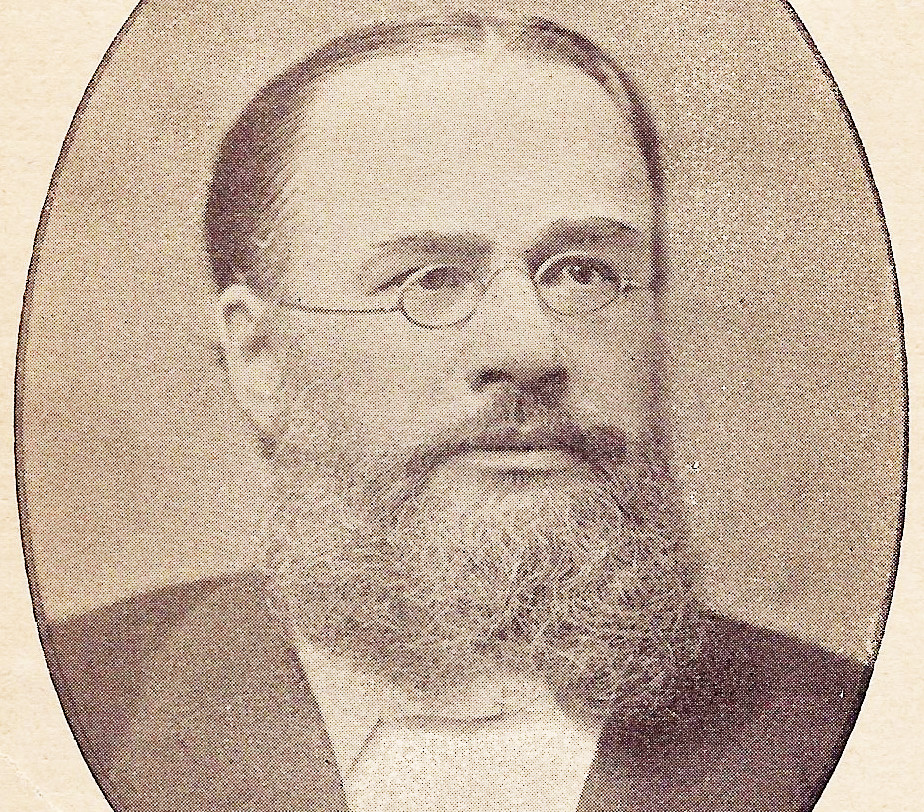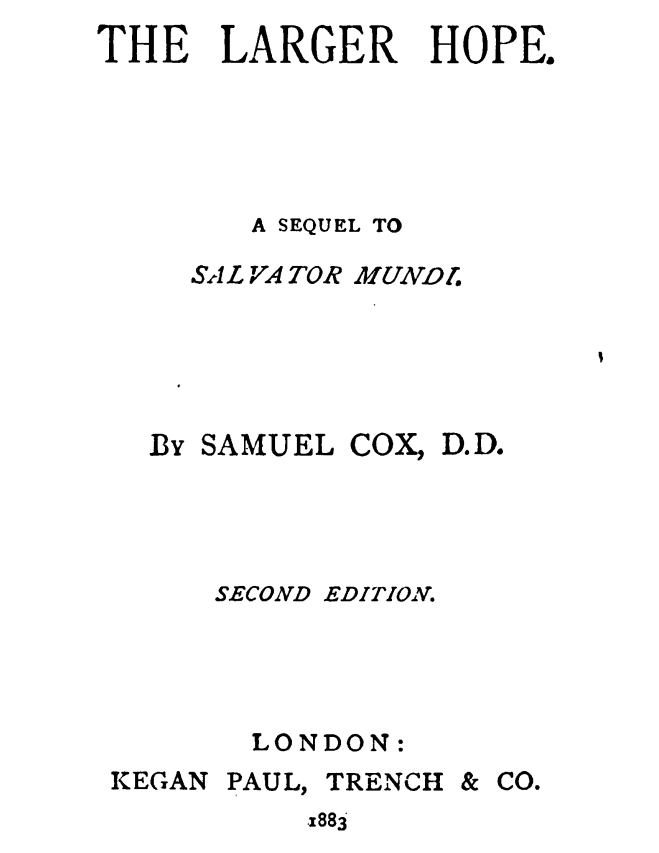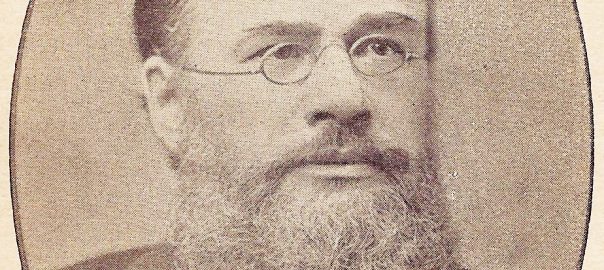
The Larger Hope from 1883 was Samuel Cox‘s brief follow-up to his much longer book Salvator Mundi from 1877. In the first book Cox had presented and discussed some of the traditional arguments in favor of soteriological universalism. In the follow-up he presents a new and more fundamental argument, roughly arguing for what may be called a ‘universalistic biblical hermeneutic’.

In the Old Testament, says Cox, there were two currents of thought about the coming Savior: “a surface current, that pointed to a great temporal kingdom into which all nations were to be drawn; and a deeper current, running right in the opposite direction, and pointing to a spiritual redemption in virtue of which the spirits of all flesh would be subdued and reconciled to God.” (p. 22).
Wherever we discern two currents of thought in Scripture, we ought to prefer “the deeper and more spiritual current”, Cox argues (p. 23). While the New Testament on the surface presents many passages that can be understood as talking about a final separation of the few righteous from the many unrighteous, there is a deeper and more spiritual meaning affirmed by the many verses that talk of universal redemption in Christ. This is, for example, true of Paul’s Epistle to the Romans that culminates in the conclusion that “God has shut up all men in unbelief, that He may have mercy upon all.” (Rom. 11:32).
The love of God is more than all our sins, an eternal unchangeable love, that does not alter where it alteration finds.
– Samuel Cox, The Larger Hope, p. 26
There is both, then, the narrow and the wider strains present in the New Testament. The question is with which strain we take our stand and use as a ruler for reading the other (p. 26). Since the New Testament shows that the sometimes very narrow hopes of the Jews in the Old Testament was to be fulfilled in a wider sense, something similar may be going on in the New Testament: “We shall have learned that the more profound and spiritual interpretation of the Word of God is likely to be the truer interpretation.” (p. 27). This also means, however, that the matter can not be decided simply by reading the text, but only by searching for the deeper truth of Scripture. In other words, for Cox theological truth is not dead, objective knowledge, but something that requires an engagement and decision on the part of the believer.
My favorite part of Cox’s short book is the first chapter where he programmatically declares the foundation and aim of his biblical hermeneutic:
“[L]et the Cross of Christ be the banner under which we fight. Let us maintain that the Atonement made by Him, as it was intended for all, so also must it extend to all, since even the sin of man cannot render the purpose of God of none effect. Let it be known that what we contend for is the efficacy and the scope of that Divine Sacrifice. Let us affirm the universal sinfulness of man as strongly as we can, and the horrible guilt of his sins, and the infallible certainty of the punishment of his sins. And then let us argue that the very extent of his sin, and its terrible guilt, and its certain punishment, do but magnify the Redemption which embraces the whole race, atones for every sin, and transforms the very punishments which wait on sin into a saving discipline by which the power of sin is for ever broken and overcome.”
– Samuel Cox, The Larger Hope, p. 17
